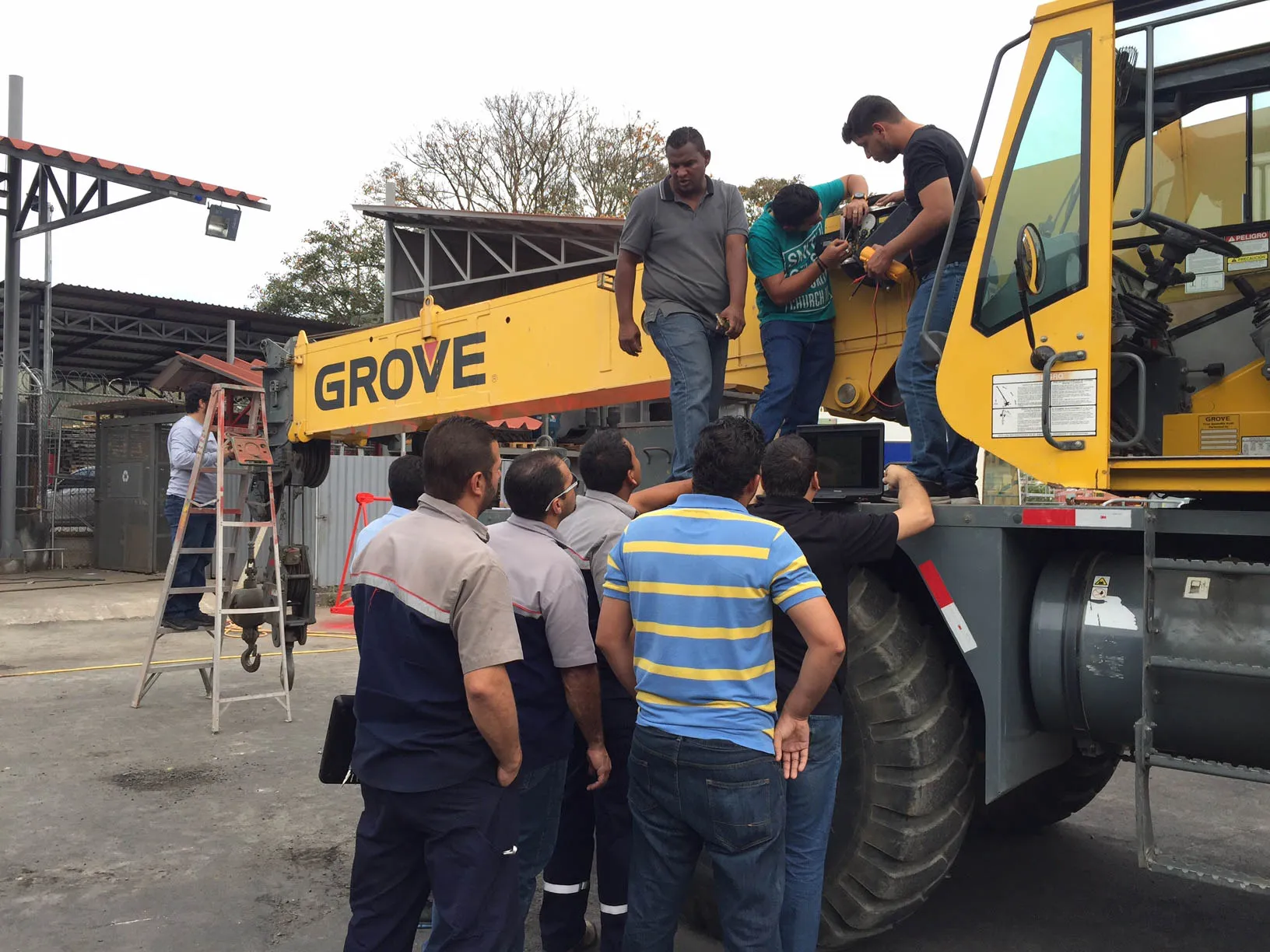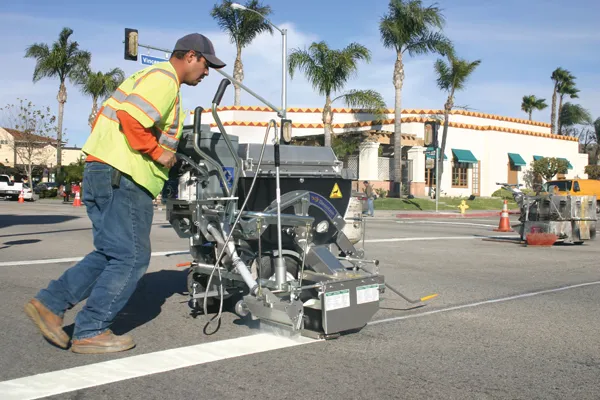
Manitowoc has expanded its Spanish-language training programmes in Latin America so that technicians working at regional dealerships can increase their knowledge on the company’s cranes and systems.
By the end of the programme trainees will be more knowledgeable and efficient in Manitowoc’s aftermarket offerings, improving customer service and increasing customer uptime.
According to the firm, expanding its Spanish-language Crane Care training programs in Central America and the Caribbean will deliver a renewed focus on improved aftermarket service quality for these regions. Unlike training sessions offered in the past, where trainees had to travel to the US and attend classes in English, courses are now able to provide technicians who do not speak English the chance to be trained in their own languages and to avoid high travel expenses.
According to Cuauhtemoc Flores, Manitowoc Crane Care’s director of customer service for the Mexican, Central American and Caribbean (MCAC) regions, the training programs in Spanish aim to increase the representatives’ technical knowledge in strategic subjects in the region. As a result, the company will be able to improve its aftermarket services.
“When Manitowoc’s Crane Care training program was offered only in the United States, we had two barriers: the high costs for dealers to send over their technicians and the foreign language,” said Flores. “Thanks to the recent training sessions, these technicians are now more prepared and confident to provide even better customer assistance, which adds value to our aftermarket products.”
The technicians studied Manitowoc cranes’ systems and circuits, deepened their knowledge on hydraulic, electrical and pneumatic principles, and learned about troubleshooting procedures - particularly paying attention to Grove mobile cranes, the most used type of crane in the region.
Manitowoc offered four training sessions in Mexico and five throughout Central America in 2016 for beginner and intermediate levels. The company’s goal is to improve on that number by offering even more training opportunities in 2017. Across the Americas, Manitowoc offers training sessions in three languages to meet local demand: English, Portuguese and Spanish.









